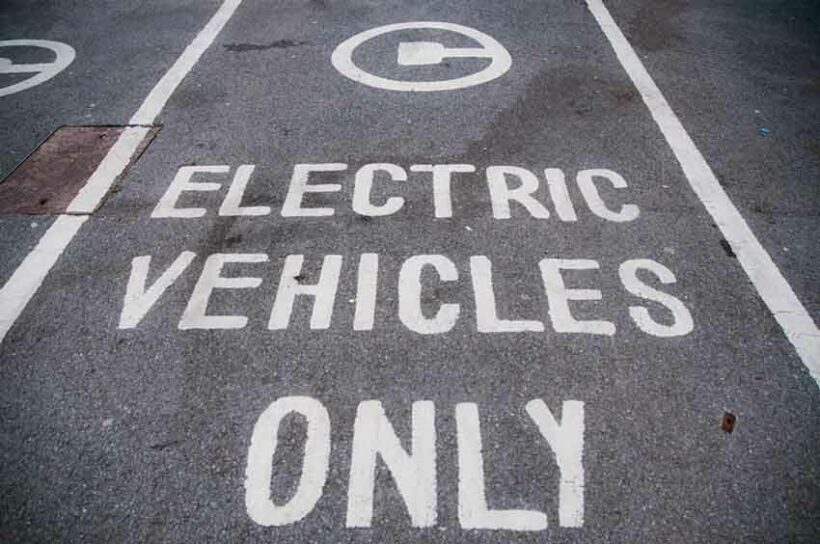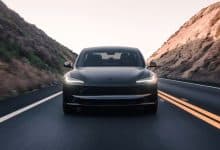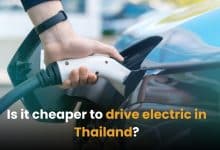Thailand jumps on the electric bandwagon, aims to become EV production hub

The Thai government has ambitious plans to turn the Kingdom into a Southeast Asian hub for the manufacture of electric vehicles. Nikkei Asia reports that big companies in Thailand are preparing to invest substantially in the greener mode of transport, after the National Electric Vehicle Policy Committee suggested a new manufacturing target could mean half of Thailand’s auto-production is made up of electric vehicles by 2030.
The message to car manufacturers and energy suppliers is to grab this opportunity to invest in the necessary infrastructure to support electric vehicles, as the number of drivers using such cars is expected to rise significantly. The Thailand Board of Investment says that between 2017 and 2019, investment in EV production and its infrastructure reached 79 billion baht. That figure is expected to rise at a much quicker rate over the next 3 years.
According to the Nikkei Asia report, Toyota was the first car manufacturer to make EVs in the Kingdom, with Chinese manufacturers becoming more competitive in recent years. The latest Chinese firm to join the EV revolution is Great Wall Motor, which plans to launch electric vehicles this year. The number of EV manufacturers in Thailand is also growing, but Surapong Phaisitpattanapong from the Federation of Thai Industries’ Automotive Industry Club says they still need to overcome serious supply chain challenges. He says manufacturers of the traditional internal combustion engine now find themselves trying to supply parts for electric vehicles, including batteries, motors and converters.
“It’s all about the economy of scale. If the number of EV users goes up substantially, it would be worth investing, and everyone, including auto parts makers, would be ready to switch to producing EV parts, and that would create supply chains that are ready for the development of EVs, but it will take time.”
Surapong points out that the government hasn’t provided enough subsidies to encourage the purchase of electric vehicles, saying there needs to be more of an incentive to deliver the sales boost needed.
“We think there should be a more direct subsidy for EV buyers to promote EVs, but we haven’t seen the government issue any kind of subsidies like that yet.”
SOURCE: Nikkei Asia
Latest Thailand News
Follow The Thaiger on Google News:


























